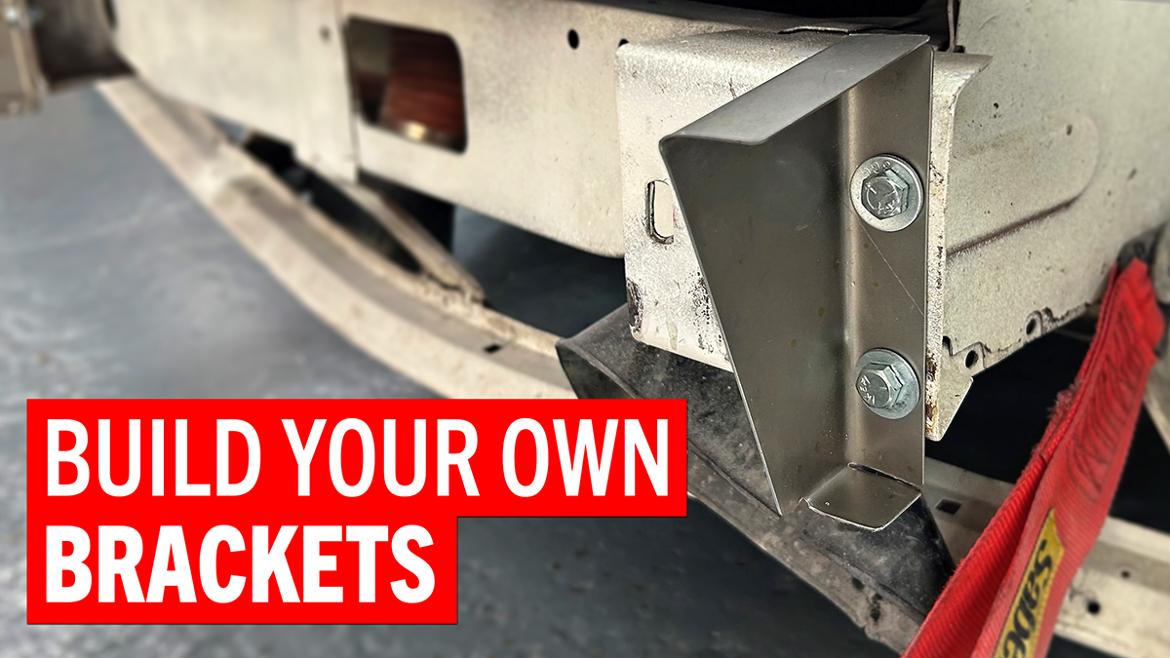Let's start with Charles Goodhart and his law. In economist speak, it's this:
"Any observed statistical regularity will tend to collapse once pressure is placed upon it for control purposes."
In recognizably human language, Goodhart's Law is this:
"Whenever people figure out the index you're evaluating them on, they will be incentivized to cheat and your index will stop being a useful measurement."
Some prozaic examples would be the SAT test and tax returns. The SAT test, theoretically, is supposed to measure a student's ability to think, gather and use knowledge and apply it to real world problems. However, the test actually measures how well students can answer a relatively well-known set of questions and, as such, they rightly focus on cramming and memorization. The SAT becomes something of a joke and the "best and brightest" become, in the famous words of William Deresiewicz, basically synonymous with the concept of "excellent sheep." With tax returns, the goal is theoretically to get each citizen to pay for the services they receive from the government. However, the actual index is a dizzyingly complex maze of income statements and writeoffs and thus many people who earn a lot of money are able, legally, to appear completely broke in the eyes of the IRS. This isn't a moral complaint about SAT takers or tax accountants, incidentally, it's just Goodhart's Law in action.
I mention this in the context of the auto industry because I have noticed something. Let's compare and contrast the following:
1. 1988 Ford Mustang 5.0L V8 vs 2009 Hyundai Genesis Coupe 2.0T. Both are similar weights, with similar market positions. Both get low to mid 20's mpg (with the 5.0 occassionally capable of low 30s in perfect conditions). The Ford makes 215 hp and the Hyundai makes 210 hp. The engines are similar weights and have similar performance characteristics. The Hyundai is better on emissions tests, but also runs extremely rich whenever you give it the beans in ways the Ford never did.
2. 1996 Chevrolet Corvette LT4 vs 2020 BMW 440i. Both are similar weights, sold at a similar (relative) price point to a similar market. The BMW theoretically gets mid 20s mpg but more realistically is around 18. The LT4 theoretically gets low 20s but I've been inside one getting 32 mpg real world. The BMW makes 322 hp while the Chevrolet makes 330 hp. They are similar weights and have similar performance characteristics. The BMW is theoretically better for emissions but runs so rich on boost you can see the smoke coming out. The Chevrolet is theoretically worse for emissions but does not do the extremely rich thing.
3. 90s station wagons vs 2010s crossovers. For example, a 95 Camry Wagon and a 2015 Tuareg. See above, with the added caveat that "utility" vehicles are held to much lower fuel economy standards than cars.
This all makes me think that a lot of the technological progress of the last 30 years has not been for economy or even emissions, but getting better at gaming the fuel economy tests and the emissions tests.
Am I being unfair?







































